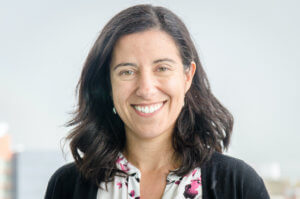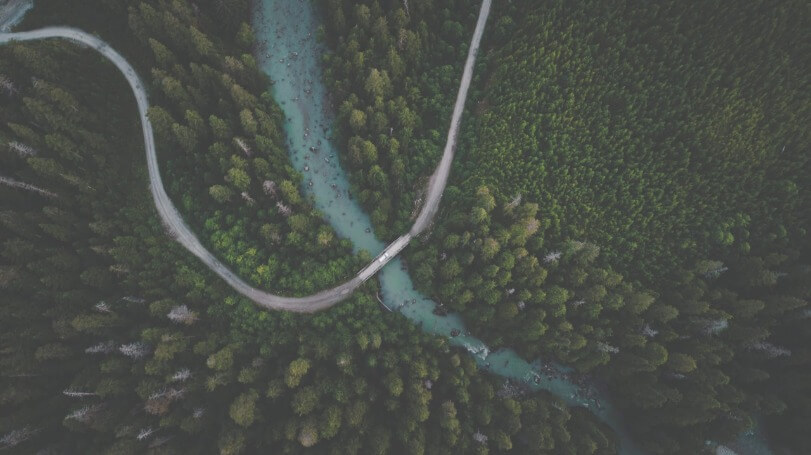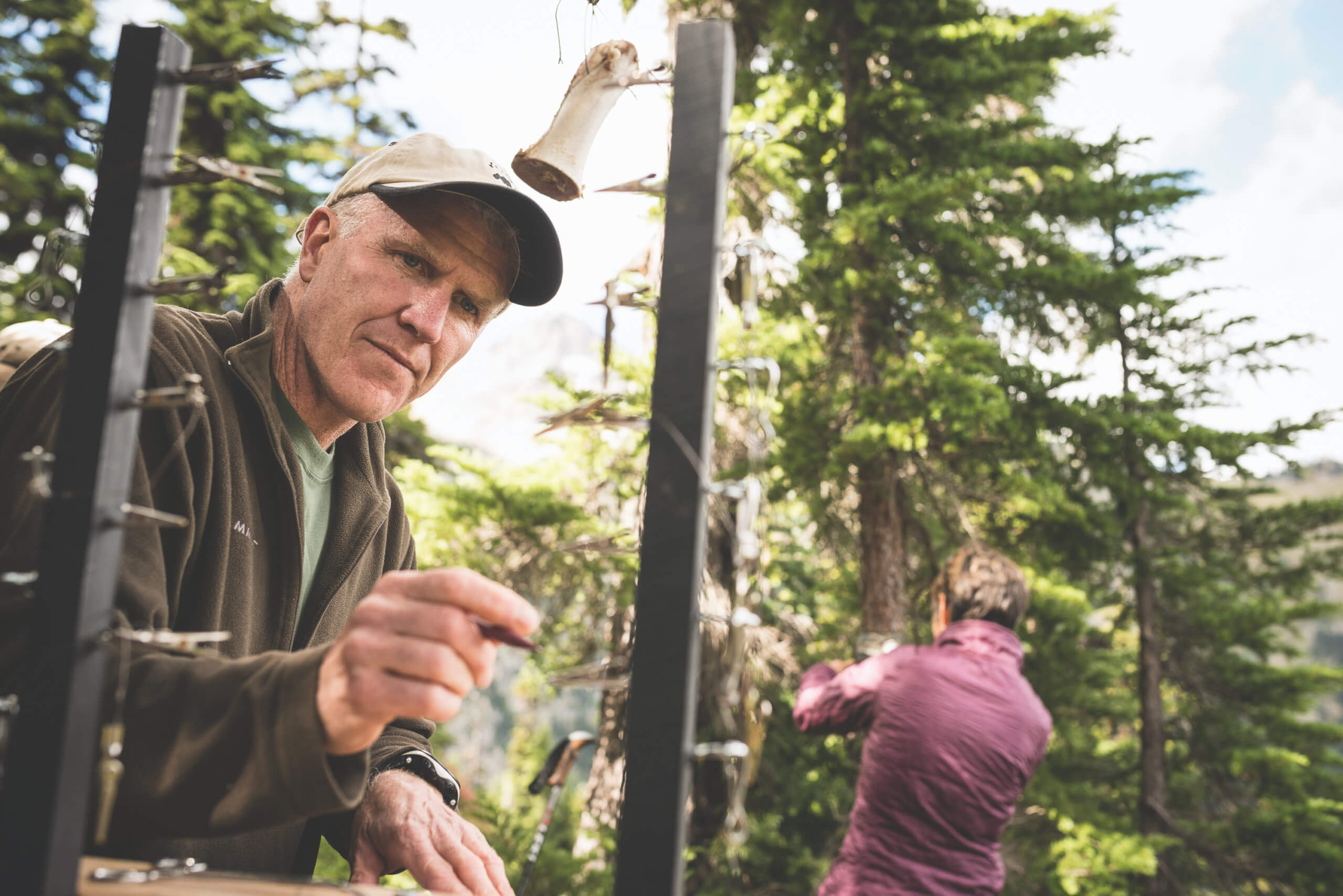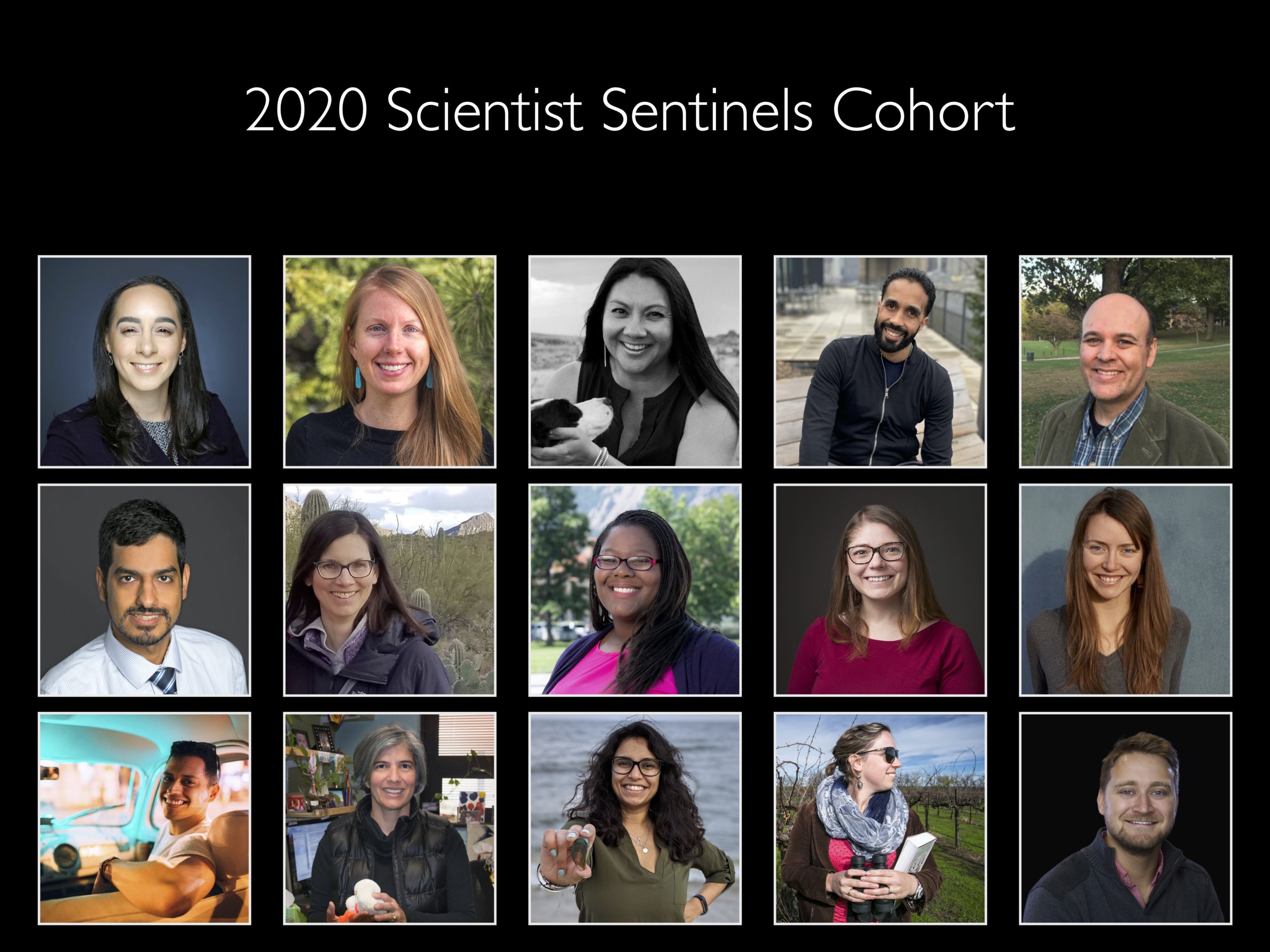Dr. Jonaki Bhattacharyya does applied research in ethnoecology, conservation planning, and wildlife management. She integrates diverse cultural values and knowledge systems with social-ecological science. Her current research with the Firelight Group is focused on protected area and stewardship planning with Indigenous communities and First Nations in British Columbia (BC), Canada.

Dr. Jonaki Bhattacharyya
I spoke to Jonaki about her Wilburforce experience – here are some excerpts from our conversation.
What drew you to this opportunity?
I have a background that straddles social and natural sciences. There are a ton of social scientists like me in the conservation arena, doing important work. Yet a lot of fellowships are geared only towards natural scientists, even when they are about applied conservation and communication more generally.
The gateway to access career-enhancing and skill-building opportunities for people doing conservation is competitive – and often the doors are closed from the start to people who don’t fit the conventional model of natural scientists. But real conservation depends upon tremendously diverse skill sets, and the Wilburforce Fellowship made itself available to people with a variety of skills and backgrounds who do top-notch conservation science. That’s what really appealed to me. They focus on applied conservationists who work and do research on the ground, while being open to social scientists. That was a big draw.
I also really loved that the fellowship included people from a variety of career stages and backgrounds – NGOs, academia, government. I would encourage a diversity of people to apply for the 2017 cohort – especially people who do great work, but maybe aren’t noticed by conventional fellowship committees.
How has the Wilburforce Fellowship impacted your work?
Wilburforce opened opportunities for me professionally, from being invited to attend conferences, to professional development training, and invitations to apply for funding that benefits conservation projects and colleagues I work with. I gained a lot of insight into how decisions are made and how journalists and the public perceive conservation science, and it helps me to work with my communities. That’s a pay-it-forward aspect for me, that these skills, networks, and insights are influencing the advising and technical work that I’m able to do with academic students and Indigenous communities.
I have used tools like the network diagram planning tool with the indigenous Tsilhqot’in communities that I work with for facilitation. This winter I was asked to do a 2-day workshop with chiefs and councilors who were planning a protected area. So I was able to use those skills both to plan how I would do the workshop, and then also in the room during the meeting.
The training in communications has also been tremendously valuable to me. I’ve actually had several times in the last year when a journalist has called up and asked for an interview. Usually they’re doing background production research on a topic related to my work. I found that, in addition to the skills training, the fellowship experience helped me understand the process the journalists were going through and the different reasons they might reach out. One of the things I hadn’t realized is, there is a difference between getting a call from a print journalist who’s got a deadline tomorrow, versus someone who is doing background research for a documentary with more time. So now I have a context for the call – do I need to respond right away and be prepared for an interview on the spot? Or can I respond to schedule a time, and then have a little space to prep before the interview?
When we were running scenarios at the training in Seattle, it was profoundly uncomfortable and very very good! I loved that it wasn’t just one exercise. We would try a new skill, get feedback, and try again, and get feedback again – those are the lessons that stuck with me, the ones with iteration. It amazed me that when I got a call shortly after our training from a journalist, her questions were almost word-for-word what we had practiced in role play at the Wilburforce Fellows training.
What would you like to tell others about the fellowship?
The Fellowship has had a really positive impact on me. It’s hard to describe, but it’s been empowering and inspiring, seeing all the different types of work people are doing and the career stages they are at. It gives me confidence to find creative career options and solutions to issues. I think that sense of connection to people broadly and across international boundaries, people with similar values and complementary interests, but doing different things – that’s been very valuable. If you want to be a Fellow, I would say be open to being vulnerable and you’ll get more out of the training. The Wilburforce Fellowship is a personal highlight of my career experience.
Learn more about Jonaki’s research experiences through her Story Collider performance!



